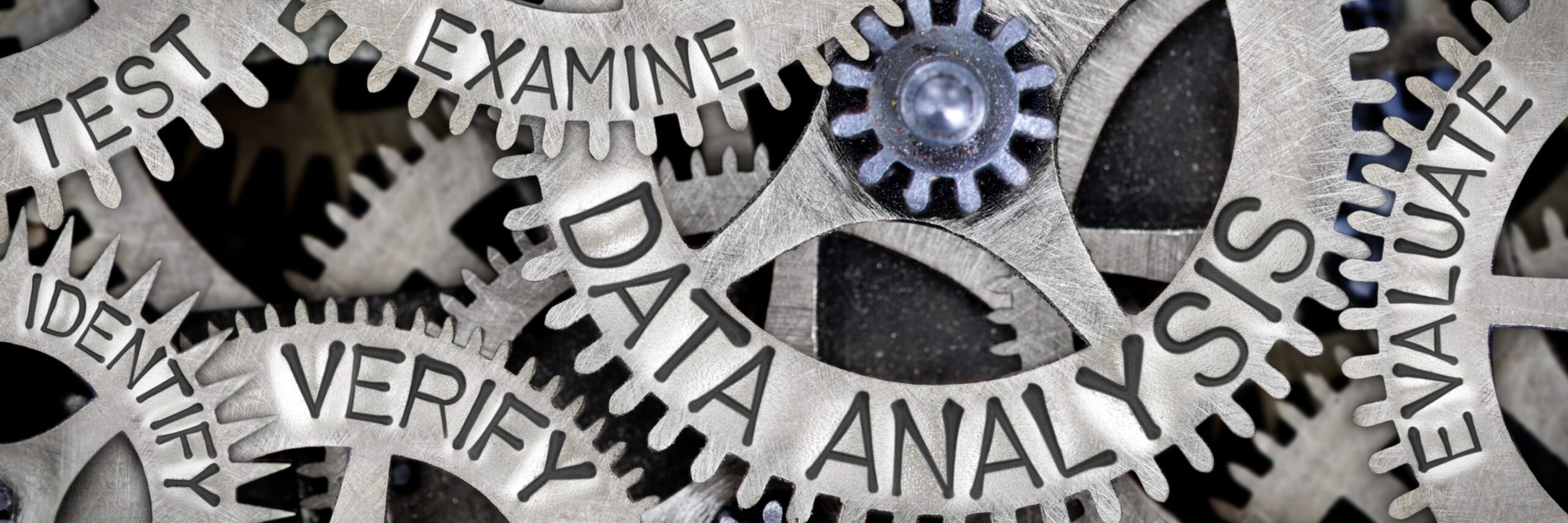The added sub-studies will test four interventions for safety and efficacy: SNG001, an inhalable beta interferon delivered by nebulizer, (Synairgen); AZD7442, a long-acting monoclonal antibody combination that will be studied as both an infusion and an intramuscular injection (AstraZeneca); and Camostat mesilate, an orally administered serine protease inhibitor that may block SARS-CoV-2, the virus that causes COVID-19, from entering cells (Sagent Pharmaceuticals). The first volunteer enrolled in the SNG001 sub-study on February 10. The other agents under study are expected to begin enrolling participants soon.
If an investigational agent shows promise by demonstrating safety and reducing COVD-19 symptoms through 28 days following administration, the ACTIV-2 trial is designed to expand seamlessly from a Phase 2 to a Phase 3 study to gather additional critical data from a larger pool of volunteers without delay. Phase 2 studies in ACTIV-2 enroll up to 220 volunteers, while the exact enrollment size of Phase 3 studies will vary depending on the mode of administration of the investigational agent. The adaptive nature of the ACTIV-2 trial allows for the comparison of multiple interventions with a shared group of placebo recipients. In addition to assessing safety and effect on COVID-19 symptoms, ACTIV-2 studies also assess whether an investigational agent can reduce the amount of SARS-CoV-2 virus detectable in the nasopharynx.
To qualify for ACTIV-2, participants must have tested positive for SARS-CoV-2 in the outpatient setting within 10 days and started experiencing symptoms within eight days of enrolling. Participants eligible for the AZD7442 infusion study must have a risk factor that puts them at higher probability of progressing to severe COVID-19. These include being age 60 or older, a current smoker, or having one of the following conditions: chronic lung, kidney, or liver disease; obesity, hypertension, cardiovascular disease, diabetes, current cancer, or immunosuppression. Participants eligible for the other agents may be at higher or lower risk for progressing to severe COVID-19.
On Aug. 4, 2020, NIAID announced the launch of ACTIV-2, which initially tested LY-CoV555, a monoclonal antibody made by Eli Lilly and Company. On Nov. 10, 2020, LY-CoV555, also known as bamlanivimab, was granted Emergency Use Authorization by the U.S. Food and Drug Administration for treating mild-to-moderate COVID-19 in adults and children over 12 years old who are at high risk for progressing to severe COVID-19 and/or hospitalization. An ACTIV-2 study testing BRII-196 and BRII-198, investigational neutralizing monoclonal antibodies manufactured by Brii Biosciences (Durham, North Carolina, and Beijing), was announced by NIAID on Jan. 5, 2021, and is continuing to enroll volunteers.
To ensure that the trial is being conducted in a safe and effective manner, an independent data and safety monitoring board oversees the trial and periodically reviews the accumulating data.
The study team is led by protocol co-chairs Davey Smith, M.D., of the University of California, San Diego, and Kara W. Chew, M.D., M.S., of the University of California, Los Angeles (UCLA). David Alain Wohl, M.D., of the University of North Carolina at Chapel Hill (UNC), and Eric S. Daar, M.D., UCLA, serve as protocol vice-chairs. The ACTG network is led by chair Judith Currier, M.D., M.Sc., (UCLA), and co-chair Joseph Eron, M.D. (UNC).
For more information on this study, please visit www.riseabovecovid.org, or visit ClinicalTrials.gov and search identifier NCT04518410.
NIAID conducts and supports research — at NIH, throughout the United States, and worldwide — to study the causes of infectious and immune-mediated diseases, and to develop better means of preventing, diagnosing and treating these illnesses. News releases, fact sheets and other NIAID-related materials are available on the NIAID website.




